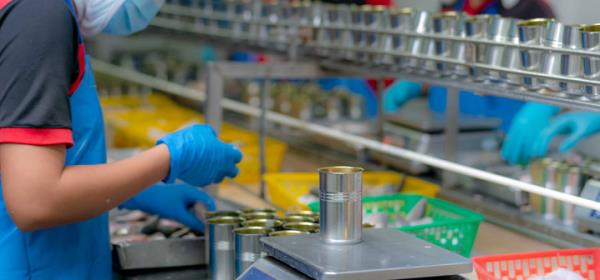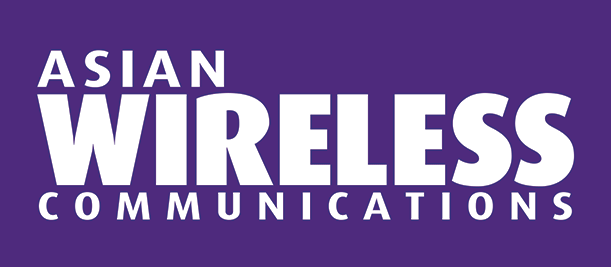05 April 2023

Reliable, low latency wireless connectivity can help manufacturers move faster, paving the way for major productivity improvements. The factory of the future is more connected, efficient, and cost-effective than ever before – making their wider rollout particularly timely given current global economic challenges.
Smart manufacturing delivering improved productivity
Telkomsel has deployed its IoT smart manufacturing solution with a leading multinational manufacturing company in Batam City, Indonesia. The 5G solution supports automated guided vehicles, remote assistance, augmented reality (AR) and virtual reality (VR).
The manufacturer has used the solution to equip staff with VR headsets that can help them fix faulty machinery, and to enable real-time reporting on plant operations. As a result, managers no longer need to prepare weekly reports, and worker productivity has improved by about 17%.
“This collaboration is the first use of industrial 5G technology services in Indonesia,” said Alfian Manullang, vice president Telkomsel Internet of Things (IoT). It underlines “our commitment to present Telkomsel 5G service ecosystem by building partnerships with stakeholders, especially industry players.”
Telkomsel’s IoT smart manufacturing solution enables the customer’s end-to-end supply chain to become more integrated, while enhancing production control and monitoring, execution and traceability, warehouse and energy management. The solution can deliver around 38% costs savings when embedded with Telkomsel’s 5G enterprise network. It can be used to connect processes, people, and machines to improve efficiency, increase automation and optimization, as well as enabling factory layouts to be rapidly reconfigured for new products, and providing visibility across all operations to allow real-time decision-making, detect faults, and safety monitoring.
The smart manufacturing solution helps manufacturers to enhance existing or new businesses by adding data from multiple sources like sensors and tools, access data that can minimise errors, and improve the quality of decision-making and protect sensitive data with reliable telco-grade connectivity. It also supports remote control of machines operating in hazardous environments.
“Telkomsel IoT smart manufacturing will support a sustainable manufacturing industry by improving efficiency, productivity, and security at each operational level through accurate data analysis,” said Manullang. “By transforming to IoT smart manufacturing, production output will increase 20%, machine utilisation will increase 20%, overall equipment effectiveness also will increase 15%, as well as reducing unplanned downtime to 30%.”
5G: a game changer for tomorrow’s manufacturers
Telkomsel describes 5G as a ‘game-changer for manufacturers.’ As well as providing highly reliable, low latency connectivity, 5G can also deliver the high throughput and density that manufacturers need.
“For the past four years, Telkomsel has invested significantly in building out our 5G know-how, talent development, and setting up a comprehensive set plan to bring 5G to Indonesia,” said Manullang. “With 5G, we can transfer a big amount of data in real-time. 5G will facilitate advanced technology, artificial intelligence, automation and industrial IoT. 5G is expected to be one of the mainstream technologies of the future, with alternate technologies playing complementary and selective roles.”
The deployment in Batam City is the first stage in Telkomsel’s 5G portfolio development for manufacturers. The operator is working closely with government, partners, and associations to expand Indonesia’s digital infrastructure and support the implementation of Industry 4.0 concepts like greater automation, customisation, and responsiveness.
Telkomsel has recommended that other MNOs forge partnerships with app developers and vendors to identify 5G use cases that fit specific industry opportunities “because each vertical is different with unique connectivity, latency and reliability requirements – not to mention legislative sensitivities.”
“We support Indonesia to be at the forefront of technology, facing the Industry 4.0 competition,” said Manullang. “To be the first mover, we give a strong and clear signal to our ecosystem of partners.”







